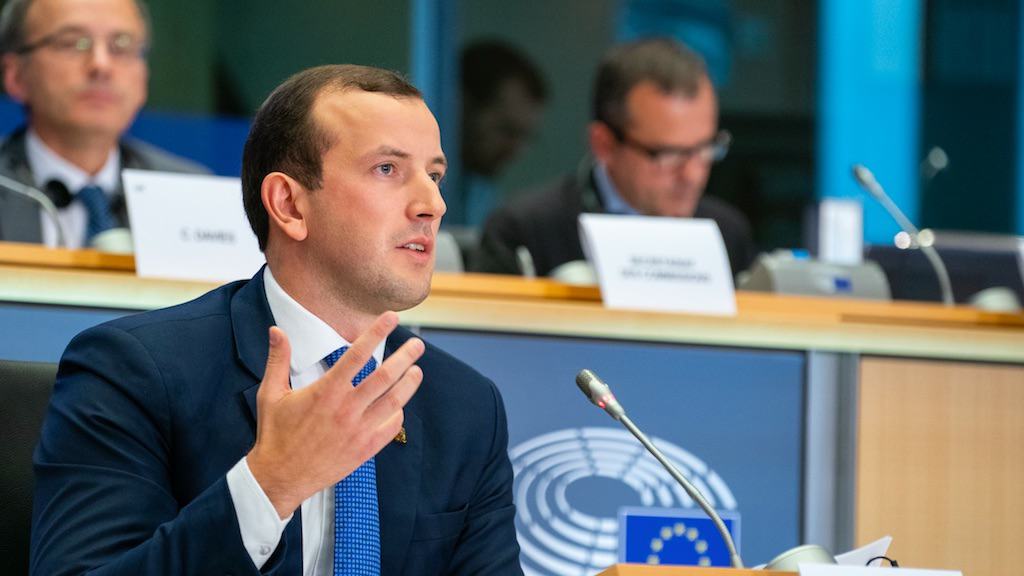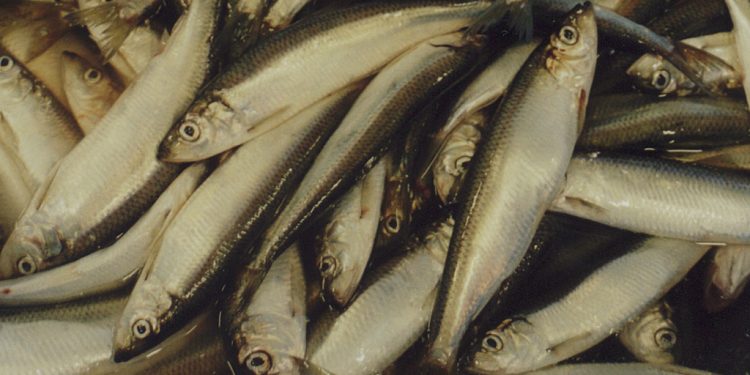Quotas agreed for next year’s Baltic fisheries are a mixture of rollovers and reductions – with a 7% increase in Gulf of Finland salmon the only one of the list to see a lift.
The Council of the European Union has set by-catch allowances for western herring (788 tonnes), western cod (down 30% to 340 tonnes) and eastern cod (a rollover 595 tonnes), allowing these to be taken as only when fishing for other species. The Council also decided to allow targeted fisheries for central Baltic herring (40,368 tonnes) and Bothnian herring (55,000 tonnes). For central herring a 30-day closure is introduced to protect aggregation of spawners.

TACs are for 37,959 tonnes of Riga herring (down 17%), 40,368 tonnes of central herring (down 43%) and 201,000 tonnes of sprat (down 10% – although the initial proposal had been for a much larger reduction), while the plaice quota is a rollover at 11,313 tonnes.
‘Today’s decision was not taken easily, nor lightly, but we have a responsibility to set the fishing opportunities at levels that can help the stocks recover to the benefit of our fishers and their communities,’ said Virginijus Sinkevičius, Commissioner for the Environment, Oceans and Fisheries.
‘We should not shy away from addressing our most pressing challenge: the environmental status of the Baltic Sea. Our fishers are awaiting concrete actions from their countries to improve the condition of the Baltic Sea. I have said it at the Ministerial meeting in September in Palanga and repeated it again to Ministers: it is time to save the Baltic Sea. Fish stocks and biodiversity will continue to suffer if we do not start addressing its environmental situation now.’
The European Comission has recognised that the Baltic is the most polluted sea in Europe – affected by biodiversity loss, climate change, eutrophication, overfishing, and elevated levels of contaminants such as pharmaceuticals and litter.
‘Stock recovery also needs resolute action in tackling the dire environmental situation in the Baltic Sea as a whole,’ the Commissioner commented.
‘There are many environmental challenges stemming from issues such as eutrophication and rising sea temperatures, caused by climate change. Already in September, together with the Ministers of the Member States around the Baltic Sea, we committed during the second ‘Our Baltic’ conference to address these issues and strengthen our actions to improve the environmental status of the Baltic Sea.
The current bad environmental status has had on impact on fisheries. The comprehensive approach we have been pursuing remains valid and more necessary than ever.’









